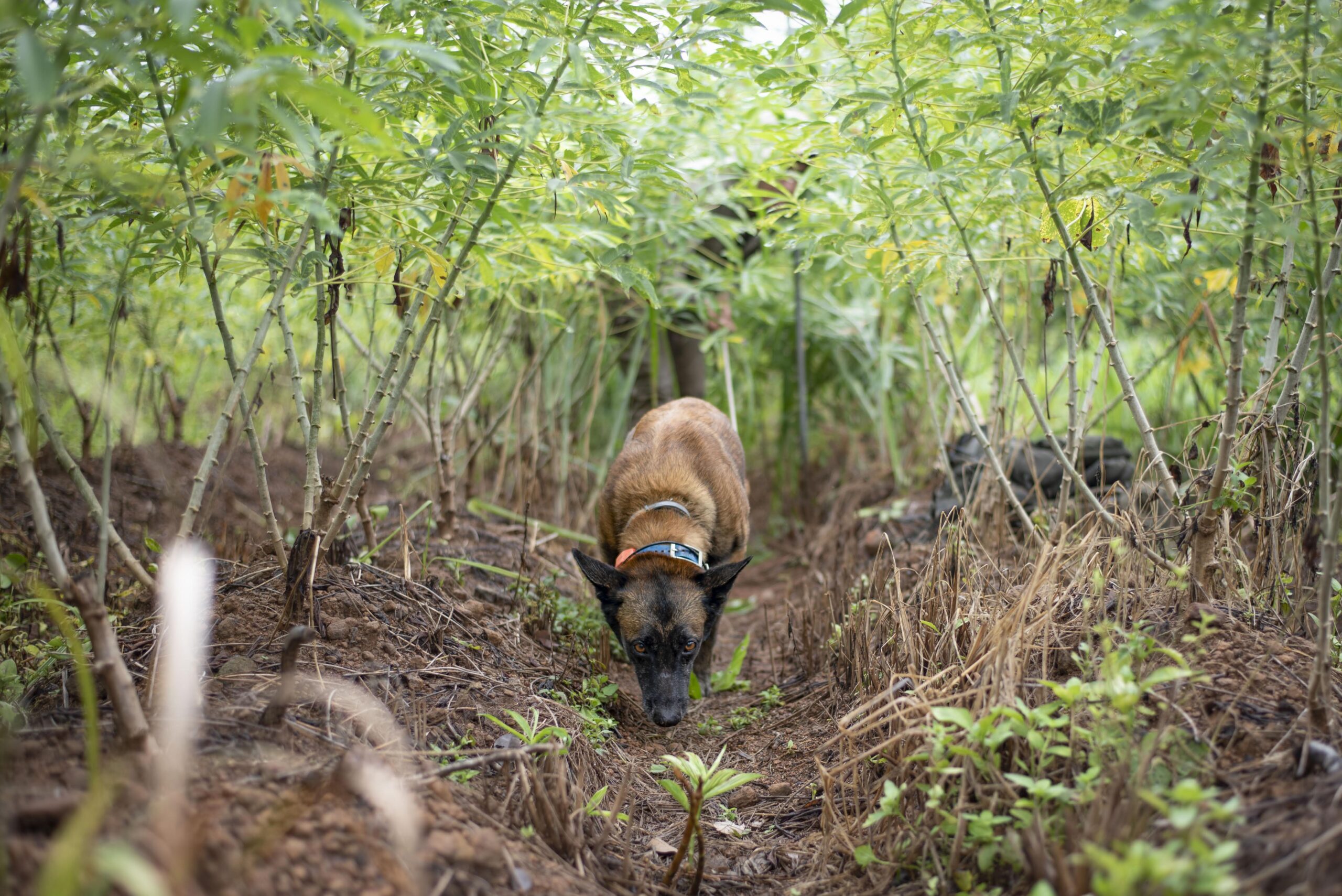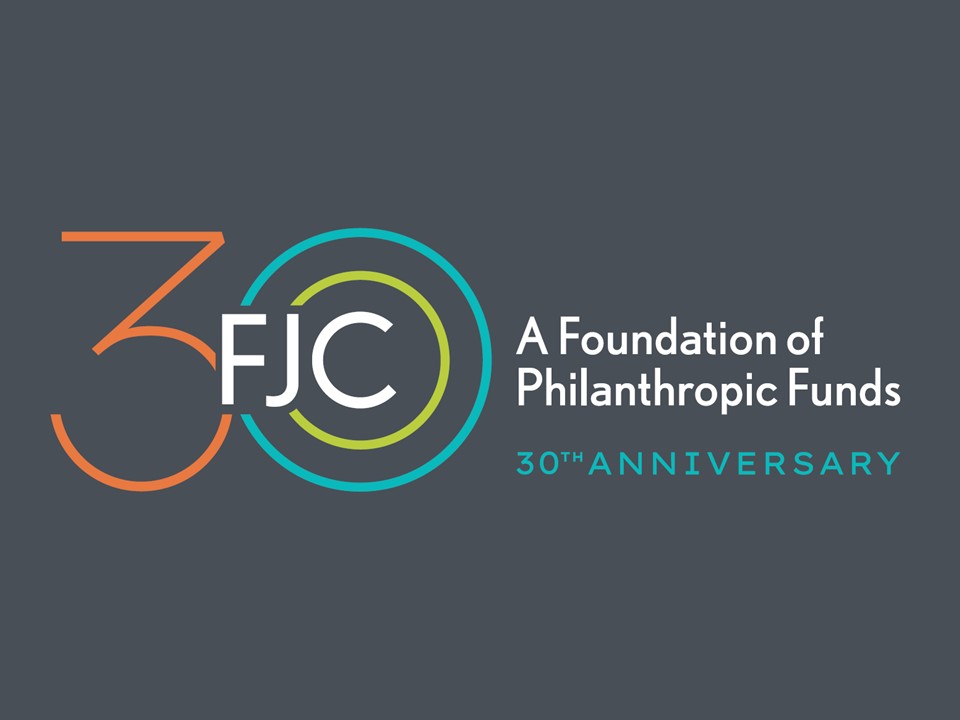An anonymous donor at FJC is converting minefields back to productive agricultural land in Ukraine, the most mined country in the world, thanks to a $25,000 grant to APOPO. This innovative nonprofit has developed a training and breeding program for animals who can sniff out and mark the ground where unexploded landmines exist, including dogs and African Giant Pouched Rats.
FJC’s grant represents only the most recent support in a decades-long relationship between the donor and APOPO, which dates to 2007. “The social entrepreneurs at APOPO focus on prevention, rather than prosthetics,” notes the donor, who wishes to remain anonymous. “I also found their focus on animal welfare to be compelling. The majority of APOPO’s animals live to the end of their expected lifespan, and none of their animals has ever died because of their detection work.”
It is estimated that Ukraine contains over 96,000 square miles of minefields covering 40 percent of the country’s area…By relying on animal detection, de-mining efforts can cut costs and avoid the drawn-out and environmentally costly process of relying on slow metal detectors and vegetation cutting machines.
APOPO (a Dutch abbreviation of Anti- Personnel Landmines Detection Product Development) was founded by rat pet-owner Bart Weetjens and his former schoolmate Christophe Cox. APOPO’s mine action teams have set foot in eight countries that suffered from the legacy of past conflicts and are currently operational in Angola, Cambodia, South Sudan, Turkey, Azerbaijan, and Zimbabwe.
It is estimated that Ukraine contains over 96,000 square miles of minefields covering 40 percent of the country’s area. Many of these minefields are filled with small antipersonnel landmines, which have been internationally prohibited since the 1997 international Mine Ban Treaty and are triggered by the weight of a human body. These types of mines cannot discriminate between civilians and soldiers, and an April 2023 report showed that 1 in 8 civilians killed or injured by landmines was a child. Despite calls from the UN Development Program for all developed countries to aid in Ukrainian demining, and the presence of over five hundred different demining teams in Ukraine, with current annual demining productivity it will take 757 years to complete the process of humanitarian de-mining.
“I found their focus on animal welfare to be compelling. The majority of APOPO’s animals live to the end of their expected lifespan, and none of their animals has ever died because of their detection work.”
– Anonymous FJC Donor
By relying on animal detection, de-mining efforts can cut costs and avoid the drawn-out and environmentally costly process of relying on slow metal detectors and vegetation cutting machines. APOPO animals have been described as having a positive work-life balance, with the rats only surveying for 1-2 hours a day and being rewarded with peanuts on their day off. APOPO championed a 100-page animal welfare standard operating procedure for both its dogs and rats, which goes above and beyond traditional SOPs.
In 2018, APOPO also began training and deploying an innovative mine detection dog system that enhances productivity over typical mine detection dogs, by training dogs to run in 30 meters lanes (three times longer than the typical 10 meters), and to run through vegetation, greatly reducing the need for machine or handheld vegetation removal. This helps increase cost efficiency and leaves environments intact.
This fall, APOPO is launching a program in Sumy, Ukraine, which will initially include the deployment of 16 of APOPO special mine detection dogs along with 8 local female handlers. Between October, 2023 – March, 2024 APOPO will work to train, and accredit dogs and Ukrainian handlers, as well as conduct in-person community baselines surveys, so that its animal teams can be deployed in Q2 2024, as the weather becomes warm enough to begin mine clearance work. APOPO also hopes to expand the first ever Development Impact Bond linking Mine Action and Agriculture, a model they are piloting in Cambodia, to help restore agriculture in Sumy in 2025 or 2026. Given the reports that Russia was targeting farmland to prevent future agricultural recovery in the area, this joint program is essential in supporting Ukraine’s recovery.
To expedite the program, the survey animals and handlers will be trained within the already existing center in Cambodia before being deployed to Ukraine, as it is too cold to train handlers and dogs in Ukraine during late fall and winter months. For Charlie Richter, the head of APOPO US, this international training model is tough for the traditional mine action government and UN funders whose procurement processes are usually too rigid to support a training program for Ukraine taking place in Cambodia. He noted that “this concept is too out of the box for most governments,” but that private donors can appreciate that by primarily training in Cambodia, APOPO can avoid an idol period during the Ukrainian winter and launch much needed and cost effective mine detection dog operations in Ukraine earlier.
Richter and his team welcome additional contributions. To donate, submit a grant recommendation to APOPO US (EIN# 47-1389723), or email trombold@fjc.org for more information regarding the development of the program.
Special thanks to FJC Grants Administrator Sophia Trombold for writing this story.




